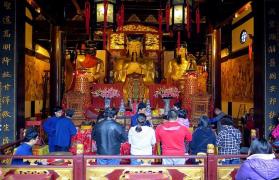A survey conducted by the National Association for Business Economics showed that Hillary Clinton is the preferred candidate for president of the US by 55 percent to an embarrassing 14 percent for Donald Trump. As a matter of fact, Trump was not the second choice. Third party Libertarian candidate Gary Johnson had more support than Trump, with 15 percent saying they would prefer to see him as president. An additional 15 percent said they did not know or had no opinion.
The survey was conducted from July 20 to August 2 and included the views of 414 members of NABE.
Some of Trump’s policies seem to be contributing to his lack of support. Whereas Trump says he would like to nullify or severely restrict the North American Free Trade Agreement, 65 percent of business economists say US trade policy should be even more open and free versus only 9 percent who agree with Trump that trade should be more protectionist.
Trump has expressed a desire to deport illegal immigrants, but the NABE survey showed that only 8 percent agreed with that sentiment, while 64 percent said they would like to see a program to legalize undocumented immigrants who already live in the US.

